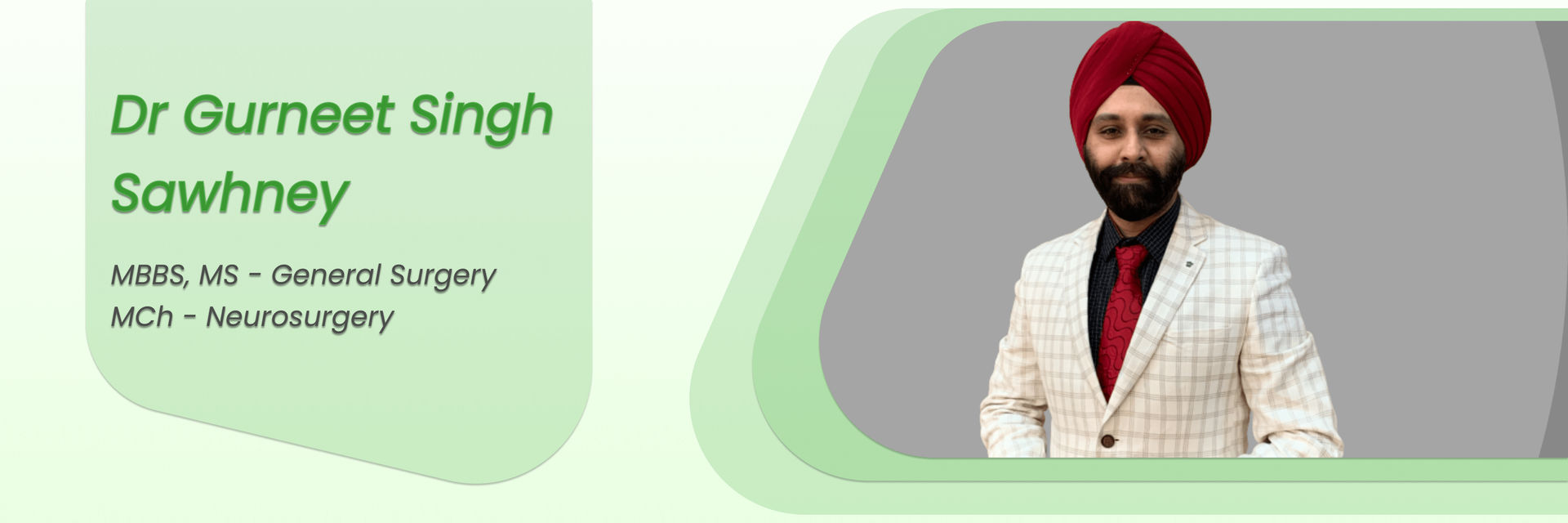Asked for Female | 19 Years
My sister is suffer from epilepsy problem so what is the treatment for this disease sir?
Answered by Samruddhi Bhartiya
We have mentioned something below which we feel is a crucial piece of information that your sister will require while navigating through her journey of epilepsy and required treatments.
You and your sister can explore the below-mentioned options by discussing them with different doctors at length, and after she gets a broader picture, she can decide which doctor will be best suited for her.
Medication:
Anti-epileptic medications are known to be quite effective on seizures. If not prevention, then they can at least decrease the frequency and intensity of their seizures for a patient.
Many adults are able to discontinue medications after two or more years without seizures, but not everyone reacts similarly.
Your sister's doctor will consider the following factors, while prescribing her appropriate medicines: her health at present and medical history, frequency of seizure occurrence, her age, and other medicines that she's taking.
This is important to prevent any undesirable reaction.
Following is the list of mild side effects:
- Exhaustion
- Dizziness
- Weight increase
- Loss of bone density
- Skin rashes
- Loss of coordination
- Speech difficulties
- Memory loss and thinking related troubles
More-severe but less occasional side effects are:
- Depression
- Suicidal feelings and actions
- Severe rash
- Inflammation of certain organs
To achieve seizure control, keep these things in mind:
- Take medications as prescribed.
- Never stop taking your prescription medication without getting approval from your doctor.
- Inform the doctor if you notice new or increased feelings of depression, suicidal thoughts, or unusual changes in your mood and behaviors.
- Report to the doctor if she suffers from migraines.
If medications don't work, then surgical options are the next step.
Epilepsy surgery
With epilepsy surgery, a surgeon will remove that part of her brain which causes seizures.
Doctors usually perform surgery when tests show that:
- Her seizures originate in a small, well-defined area of your brain
- The concerned area which is to be operated won't impede crucial functions such as speech, language, motor function, vision or hearing.
These can be done in two ways:
- Through open surgery where the required part will be cut and removed
- Or by using a minimally invasive method, such as MRI-guided stereotactic laser ablation, wherein, the doctor will direct a thermal laser probe at a specific part of the brain which is notoriously known to cause seizures in your sister, in an effort to destroy that tissue.
Chances are, that your sister would still have to continue taking medicines, but her dosage could reduce.
Surgeries can result in following complications such as: permanently altering her thinking (cognitive) abilities.
Therapies - an alternate way of treating epilepsy:
- Vagus nerve stimulation: Doctor will implant a device beneath the skin of your sister's chest. Wires from it will be connected to the vagus nerve within her neck, same will allow this device to send electrical impulses through the vagus nerve of her neck to her brain.
It's not clear how, but this can usually reduce seizures by 20-40%.
Common side effects include: throat ache, husky voice, shortness of breath or coughing. - Deep brain stimulation: Surgeons will implant electrodes into a specific part of your sister's brain, they in turn will be connected to a generator implanted within her chest. The generator will send electrical pulses to her brain at regular intervals, and might reduce seizures.
- Responsive neurostimulation: A device will analyze the activity of her brain and its patterns so as to detect seizures just when they are about to start, and then accordingly, will deliver an electrical charge or drug so as to prevent seizure before it causes impairment.
But there are many things that could be out of our purview, and even doctors could have a slightly varying approach with regards to drugs or devices, so always question doctors along these lines:
- Eligibility to undergo any treatment.
- Common side effects.
- Risks.
- Pre-treatment preparation.
- Post-treatment care.
- Their experience & success rate.
Visit our page to find leading neurologists in the industry - Neurologist in India.

Samruddhi Bhartiya
Questions & Answers on "Neurology" (967)
Related Blogs

10 best-hospitals in istanbul updated 2022
Searching for the top hospitals in Istanbul? Here’s a list of the 10 Best Hospitals in Istanbul for world-class medical care.

Stroke Treatment in India: Advanced Care Solutions
Discover unparalleled stroke treatment in India. Experience world-class care, advanced therapies, and holistic support for optimal recovery. Prioritize your health with renowned expertise.

Dr. Gurneet Singh Sawhney- Neurosurgeon and Spine Surgeon
Dr. Gurneet Sawhney, a well-renowned neurosurgeon with different recognition in various publications with 18+ years of experience in the field and has expertise in different fields of procedure surgeries like complex neurosurgical and neurotrauma procedures, including brain surgery, brain tumor surgery, spine surgery, epilepsy surgery, deep brain stimulation surgery (DBS), Parkinson’s treatment, and seizure treatment.

The Latest Treatments for Cerebral Palsy: Advancements
Unlock hope with the latest treatments for cerebral palsy. Explore innovative therapies and advancements for enhanced quality of life. Learn more today.

Best cerebral palsy treatment in the world
Explore comprehensive cerebral palsy treatment options worldwide. Discover cutting-edge therapies, specialized care, and compassionate support for improving quality of life and maximizing potential.
Cost Of Related Treatments In Country
Top Different Category Hospitals In Country
Heart Hospitals in India
Prostate Cancer Treatment Hospitals in India
Kidney Transplant Hospitals in India
Cosmetic And Plastic Surgery Hospitals in India
Dermatology Hospitals in India
Endocrinology Hospitals in India
Gastroenterology Hospitals in India
Gynaecology Hospitals in India
Hematology Hospitals in India
Hepatology Hospitals in India
Top Doctors In Country By Specialty
Top Neurology Hospitals in Other Cities
Neurology Hospitals in Chandigarh
Neurology Hospitals in Delhi
Neurology Hospitals in Ahmedabad
Neurology Hospitals in Mysuru
Neurology Hospitals in Bhopal
Neurology Hospitals in Mumbai
Neurology Hospitals in Pune
Neurology Hospitals in Jaipur
Neurology Hospitals in Chennai
Neurology Hospitals in Hyderabad
Neurology Hospitals in Ghaziabad
Neurology Hospitals in Kanpur
Neurology Hospitals in Lucknow
Neurology Hospitals in Kolkata
- Home >
- Questions >
- My sister is suffer from epilepsy problem so what is the tre...